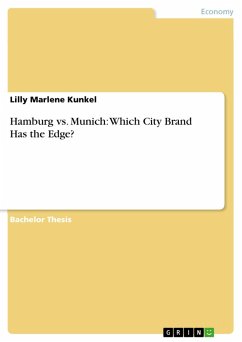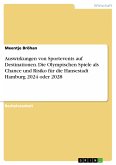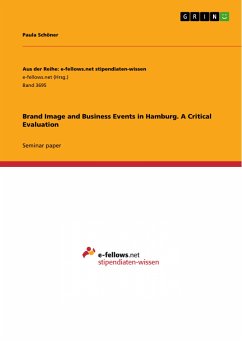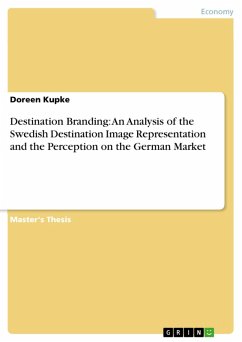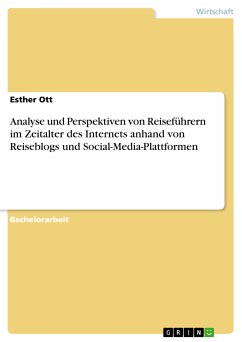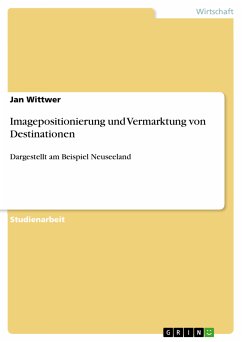Bachelor Thesis from the year 2008 in the subject Tourism - Miscellaneous, grade: 1.3, University of Brighton (School of Service Management), language: English, abstract: The aim of this dissertation was to examine the development of Hamburg and Munich's destination branding strategies and whether German consumers can tell the difference between the two. The findings indicated that the overall recognition of Munich among the participants of this study was better than that of Hamburg. But it was also found that the recognition of Hamburg is based on more distinct recognition features than that of Munich, and therefore, it was concluded that it is more sustainable. Regarding the branding of Hamburg and Munich it was found that the Hamburg brand is built on the city's core values and already positive organic image, whereas the Munich brand was built mainly on artificial emotional values that contradict its rather negative organic image. In the direct comparison of the participants' images of the two cities, Hamburg's image was found to be far better. Together with the finding that the brand communication for Hamburg was more authentic and addressed its target groups more precisely than the brand communication for Munich, the above mentioned findings led to the conclusion that the overall branding strategy for Hamburg is more successful than that for Munich.
Dieser Download kann aus rechtlichen Gründen nur mit Rechnungsadresse in A, B, BG, CY, CZ, D, DK, EW, E, FIN, F, GR, HR, H, IRL, I, LT, L, LR, M, NL, PL, P, R, S, SLO, SK ausgeliefert werden.

